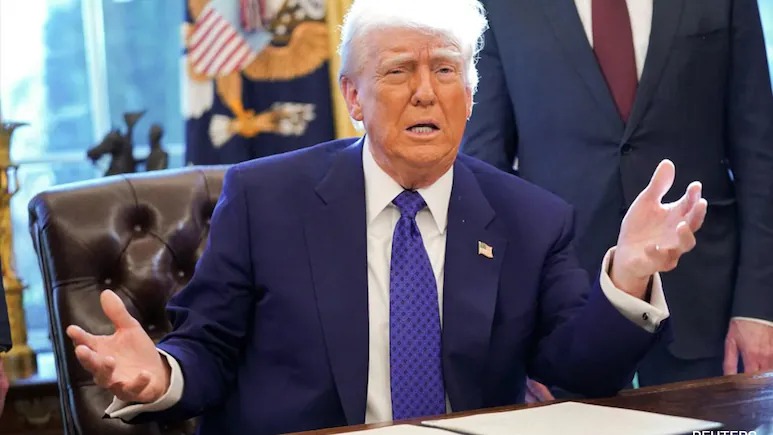
New Delhi: April 2 approaches, the global business landscape is set to change, marking what has been dubbed “Liberation Day” by US President Donald Trump. This day will see the unveiling of a new tariff plan, a move that is expected to send ripples across multiple industries worldwide, including those in India. The impending tariffs pose a significant threat to several Indian sectors, particularly those involved in liquor, meat, and sugar exports.
In recent years, the United States has been India’s largest trading partner, accounting for nearly 18% of its total goods exports. This relationship spans across 30 different sectors, encompassing both agriculture and industry. The tariffs proposed by President Trump are set to impact these sectors differently, depending on whether they are applied at the product, sector, or country level.
Some of the most affected sectors will be those involved in alcohol, wines, and spirits, which face a staggering 122.10% tariff hike, albeit on a relatively small export value of $19.20 million. However, this steep increase could potentially strangle the competitiveness of Indian alcohol exports in the US market.
Dairy products, another significant sector, will experience a 38.23% tariff differential. With $181.49 million in trade at stake, this increase could make ghee, butter, and milk powder more expensive for American consumers, potentially reducing their market share.
Fish, meat, and processed seafood exports, which are substantial at $2.58 billion, will face a 27.83% tariff differential. This could significantly impact India’s shrimp exports, making them less competitive in the US market.
Additionally, processed food, sugar, and cocoa exports valued at $1.03 billion will grapple with a 24.99% tariff increase, which could make Indian snacks and confectioneries more expensive, affecting their popularity among American consumers.
Other sectors, like footwear, will encounter a 15.56% tariff differential. Meanwhile, diamonds, gold, and silver exports, which amount to $11.88 billion, will face a 13.32% tariff hike, potentially raising jewellery prices and reducing their competitiveness.





